On Saturday, exactly six months after the Fadheela Party announced its defection from the United Iraqi Alliance (UIA), the Sadr bloc made a similar decision and withdrew from the alliance as well.
Abdul Kareem Inizi, the chief of Dawa Party-The Iraqi Organization (this is the other half of the Dawa, has 10 seats in the parliament) was the first to comment on the news:
“The first spark that marked the beginning of the UIA collapse was the announcement of the coalition of four, which is considered a bad move because [it implies that] the SIIC and the supporters of Prime Minister Maliki within the Dawa Party consider themselves to be the main powers [in the UIA] and this is arrogant and despotic thinking….after the withdrawal of the Sadrists nothing that counts remains in the UIA.”
Inizi said that his party too is thinking about following the steps of the Sadrists:
“The Dawa Party-The Iraq Organization is currently engaged in negotiations with the Sadr movement and Fadheela Party over the formation of a new bloc and in light of these negotiations we will announce our withdrawal from the UIA.”
Developments are moving so fast that the Sadrists and Fadheela have already announced that they have joined forces in a new political alliance, according to MP Hassan Shemmari from the Fadheela who made the announcement at a joint press conference with the Sadrists in Najaf yesterday. [Arabic Link]
The other opposition groups were also quick to seize the opportunity and flirt with the Sadr bloc, though a day later than Fadheela did:
“The Accord Front and Iraqi List welcomed the decision by the Sadr bloc to withdraw from the UIA, and pointed out that they will soon negotiate the formation of a new parliamentary front with the Sadr movement.”
This feverish movement to attract the Sadr bloc seems strange given the long history of rivalries between the Sadrists on one hand and the Iraqi list and Accord Front on the other – and it looks even stranger in the case of Fadheela with whom the Sadrists have been technically at a state of war in Basrah for a long time now.
But then it’s not strange at all since they all share the common goal of weakening Maliki’s ruling coalition and ultimately succeeding it.
So as expected, announcing the coalition of four is doing more harm than good to its members, especially Maliki so far.
Just before the two Kurdish and two Shia parties announced their coalition, the ruling coalition held a total of about 170 seats in the parliament; only a dozen votes short of the majority enough to pass legislation.
Now that the Sadrists have left it has been reduced to only 140 with a high possibility to go further down to 127 if the group of Inizi decides to go forward with their threat to leave the UIA.
Until now our math has been based on the assumption that the independent MP’s in the UIA (20 plus seats) preserve the status quo, but those too had flirted with the idea of abandoning the UIA and were just shy of declaring the step: now if the defection of the Sadrists encourages them to do so, the loss would go up to about 55 seats, leaving Maliki with little more than a 100 votes to work with on his side.
On the other hand, the Sadrists are unlikely to be successful in future political adventures in other coalitions be it with the Fadheela, Iraqi list or the Accord Front.
Largely because all four more or less believe their visions are representative of those of the Iraqi people. And so to them, entering any alliance won’t be about promoting the mutual interests of the members of an alliance but about using other members’ votes to impose the vision of their party – not exactly a recipe for a cohesive coalition.
Omar Fadhil is a PJM editor. His own blog is Iraq The Model.


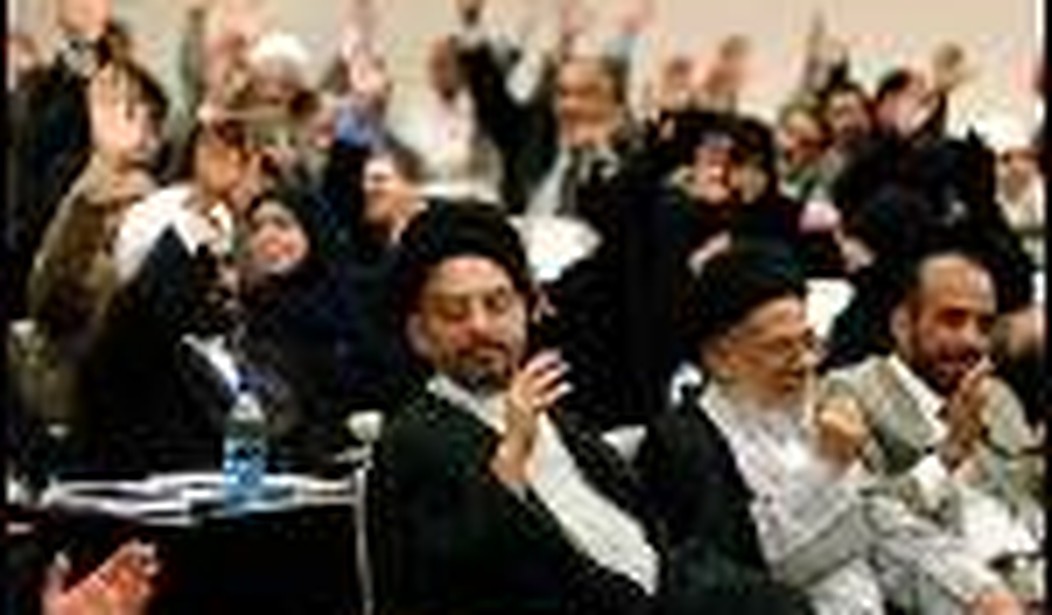
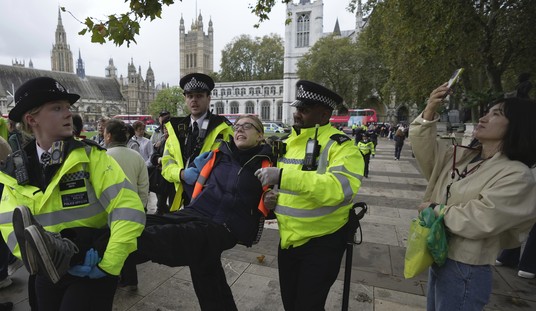
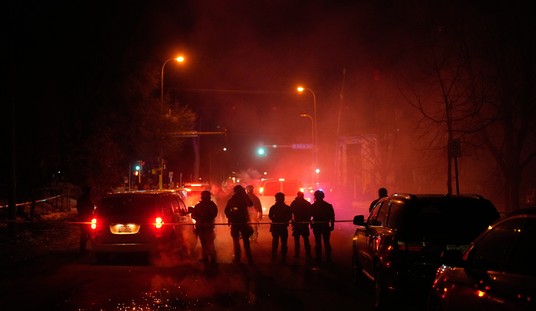
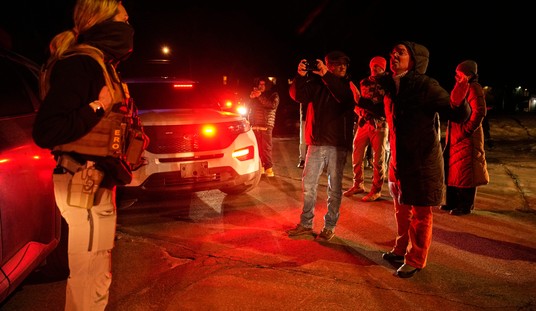


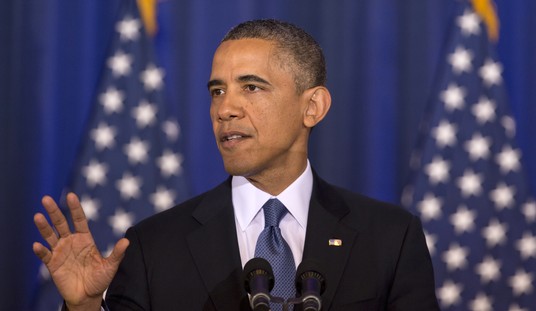
Join the conversation as a VIP Member